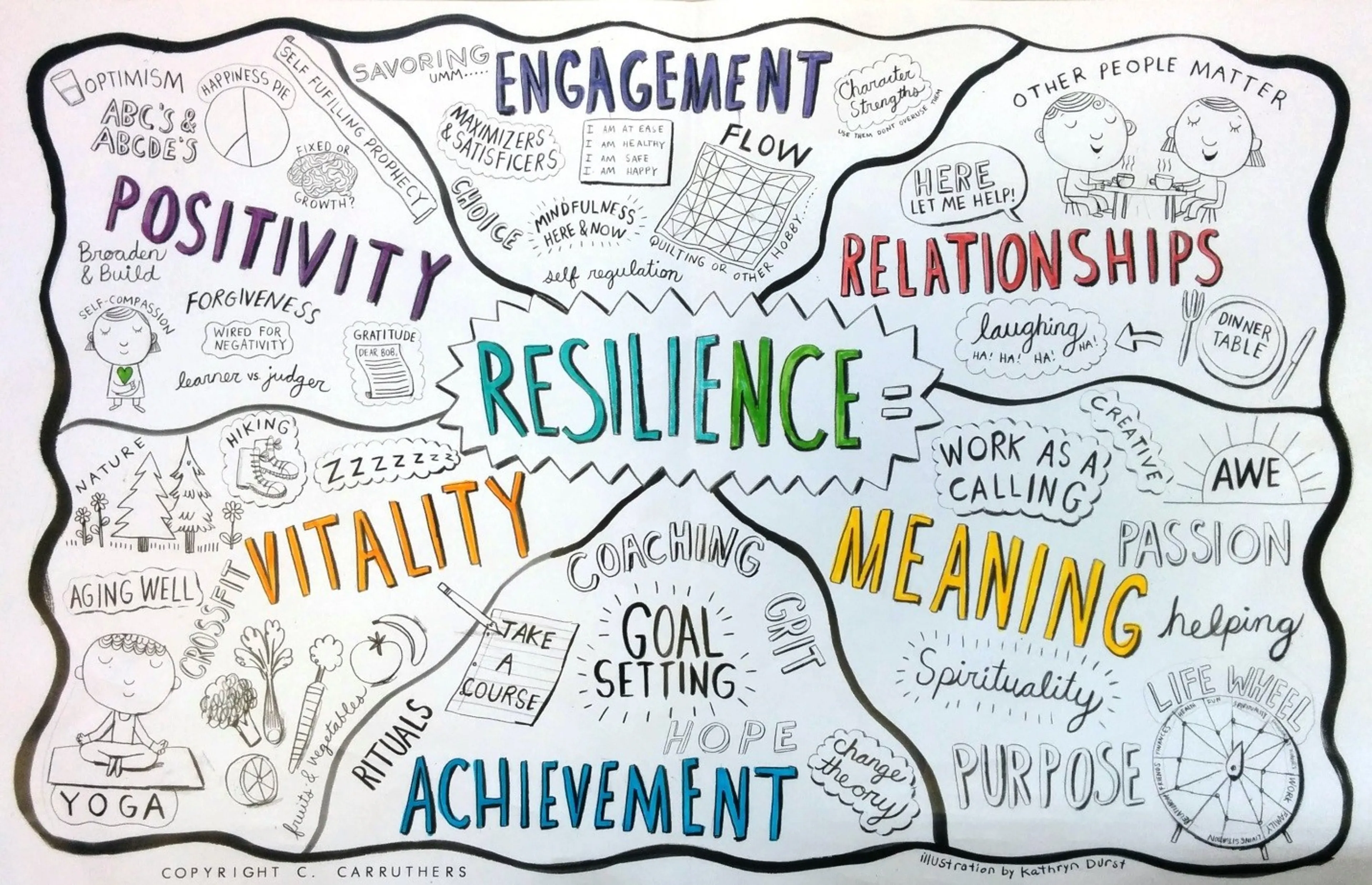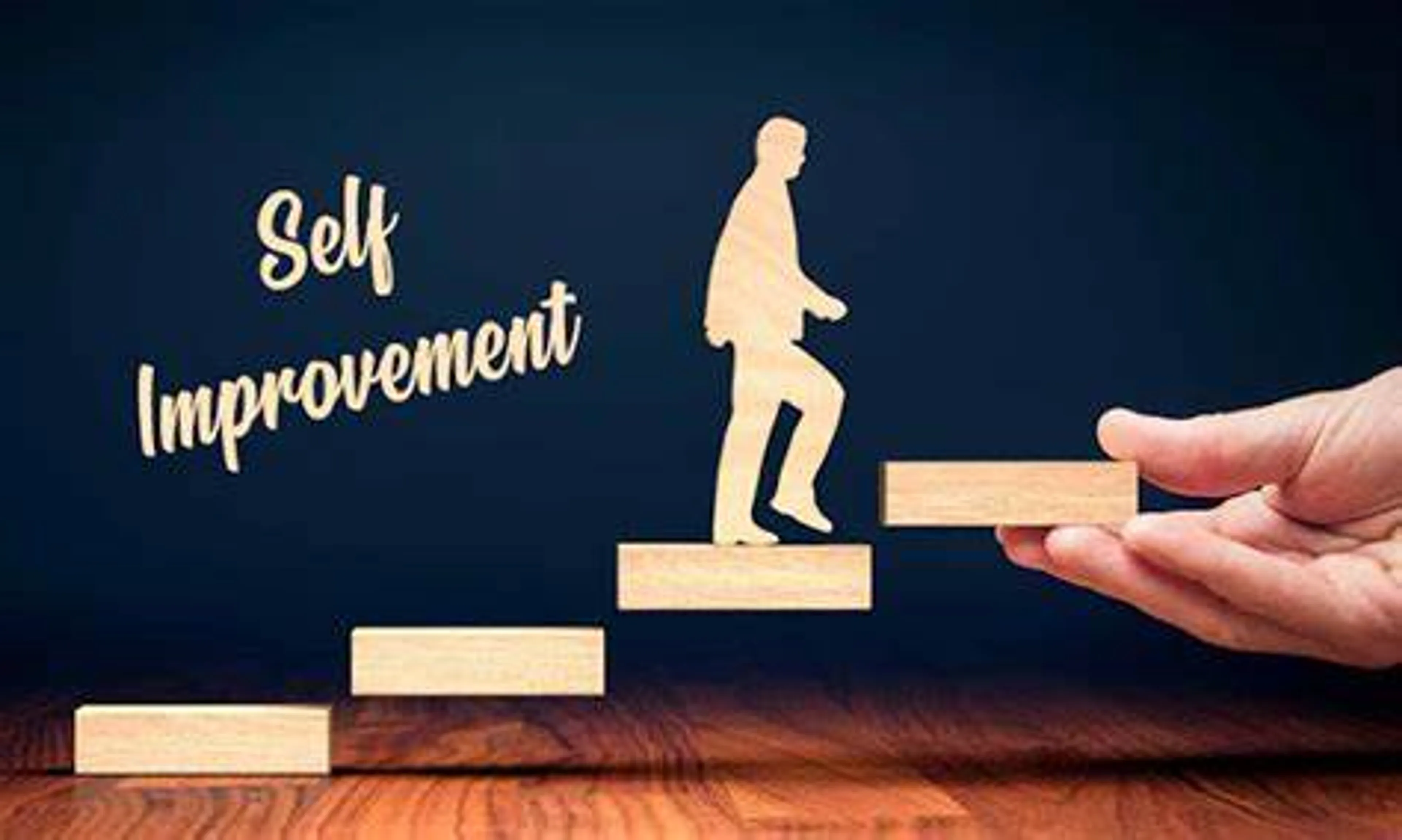
Introduction
Personal development is a transformative journey that often involves facing and overcoming challenges. These challenges can come in various forms, from setbacks in your career to obstacles in your personal life. To navigate these challenges successfully, building resilience is essential. Resilience is the ability to bounce back from adversity, adapt to change, and emerge stronger. In this essay, we will explore the importance of resilience in personal development, strategies to build resilience, and real-life examples of individuals who have overcome adversity through resilience.
The Role of Resilience in Personal Development
Resilience is the bedrock of personal development. It's the capacity to withstand setbacks, learn from failures, and continue progressing toward your goals. In the face of challenges, resilient individuals maintain their mental and emotional well-being, allowing them to stay focused on their personal growth journey.
Strategies to Build Resilience
Building resilience is a deliberate and ongoing process. Here are some strategies to help you develop greater resilience in your personal development journey:
Positive Self-Talk: Cultivate a positive inner dialogue. Replace self-criticism with self-compassion and optimism. This mindset shift can bolster your resilience.
Embrace Change: Accept that change is a natural part of life. Embracing change rather than resisting it can make it easier to adapt to new situations and challenges.
Maintain Perspective: When faced with adversity, try to maintain a broader perspective. Ask yourself, "Will this matter in a year, or even in a month?" Often, challenges that seem insurmountable in the moment become less significant with time.
Build a Support System: Surround yourself with a supportive network of friends, family, or mentors. Having a reliable support system can provide emotional strength during tough times.
Mindfulness and Stress Management: Practices like mindfulness and stress management techniques can help you stay grounded and reduce the negative impact of stress on your resilience.
Set Realistic Goals: While aiming high is commendable, setting realistic goals can prevent burnout and frustration when challenges arise.
Learn from Setbacks: Instead of dwelling on failures, view them as valuable learning experiences. Analyze what went wrong and use that knowledge to improve.
Develop Problem-Solving Skills: Enhance your ability to problem-solve and make decisions. This can increase your confidence in facing future challenges.
Real-Life Examples of Resilience
Many individuals have demonstrated remarkable resilience in their personal development journeys. Consider the story of J.K. Rowling, who faced numerous rejections before her Harry Potter series became a global phenomenon. Her resilience in the face of adversity ultimately led to her success as an author.
Another inspiring example is Nelson Mandela, who spent 27 years in prison during his fight against apartheid in South Africa. His unwavering commitment to justice and his ability to forgive and reconcile with his oppressors exemplify the power of resilience in the face of immense challenges.
Conclusion
In conclusion, building resilience is a critical component of personal development. It allows individuals to overcome challenges, bounce back from setbacks, and adapt to change. Developing resilience is a lifelong process that involves positive self-talk, embracing change, maintaining perspective, and building a strong support system. Real-life examples such as J.K. Rowling and Nelson Mandela show that resilience can lead to extraordinary achievements in the face of adversity. As you embark on your personal development journey, remember that challenges are inevitable, but with resilience, you can turn them into opportunities for growth and transformation.



